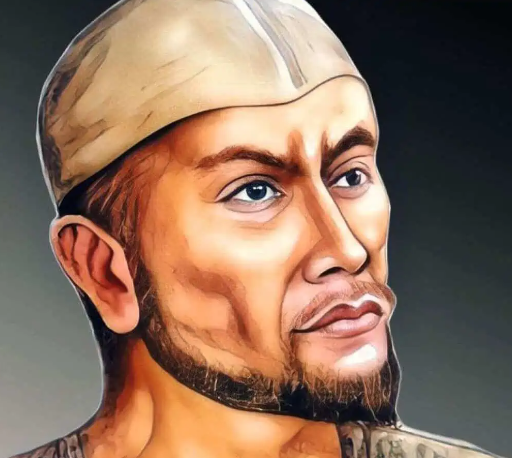Peer Ali Khan, an unsung hero of India’s struggle for independence, played a pivotal role in the fight against British rule during the tumultuous period of the mid-19th century. Despite his significant contributions to the cause, his name remains largely unknown to many. This article aims to shed light on the life, sacrifices, and courageous acts of Peer Ali Khan in the pursuit of India’s freedom.
Early Life and Awakening
Born in Muhammadpur, Azamgarh District, Uttar Pradesh, around 1812, Peer Ali Khan’s journey towards becoming a freedom fighter began at a young age. Fleeing from home at the tender age of seven, he found refuge in Patna under the care of Zamindar Nawab Mir Abdullah. Raised alongside Abdullah’s son, Lutf Ali Khan, Peer Ali received education and imbibed a passion for fighting against British oppression.
The Bookshop and the Rebellion
Establishing a bookshop in Patna, Peer Ali Khan transformed it into a clandestine hub for freedom fighters. His bookshop became a meeting ground for like-minded individuals, a place where revolutionary ideas were exchanged, and plans against British rule were hatched. Through his bookstore, Peer Ali facilitated communication between freedom fighters and Indian soldiers in the British army stationed in Danapur Cantonment.
The Great Indian Revolt of 1857
Peer Ali Khan’s involvement in the Great Indian Revolt of 1857 marked a turning point in his life. He orchestrated campaigns against British rule, garnering support from locals and organizing protests. Despite facing the wrath of British authorities, Peer Ali remained resolute in his pursuit of freedom for his motherland.
The Ultimate Sacrifice
On July 3, 1857, Peer Ali Khan and his followers launched an audacious attack on the state administrative headquarters in Gulzar Bagh, Patna. The uprising was met with fierce resistance from British forces, resulting in casualties among both rebels and civilians. Peer Ali Khan’s bravery and determination inspired countless others to join the struggle against colonial oppression.
Arrest, Torture, and Execution

Following the failed uprising, Peer Ali Khan and his associates were relentlessly pursued by British authorities. On July 4, 1857, Peer Ali Khan was arrested along with 33 followers. Despite enduring brutal torture and interrogation, he remained steadfast in his commitment to the cause. Refusing to betray his comrades, Peer Ali Khan faced execution with unwavering courage on July 7, 1857, at the hands of the British.
Legacy and Commemoration
Though Peer Ali Khan’s name may have faded from mainstream historical narratives, his legacy lives on as a symbol of courage, sacrifice, and resilience in the face of tyranny. Roads and parks named in his honor serve as reminders of his valiant struggle for India’s independence.
Peer Ali Khan’s story exemplifies the indomitable spirit of India’s freedom fighters who, against all odds, dared to challenge the might of the British Empire. His selfless dedication to the cause of liberty continues to inspire generations, reminding us of the price paid by those who fought for the nation’s freedom. As we commemorate the sacrifices of heroes like Peer Ali Khan, let us ensure that their stories are preserved and honored for posterity, lest they be forgotten in the annals of history.
